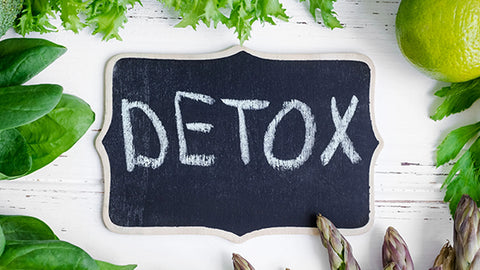Education

It is said that love is one of the greatest things in life. Now research is confirming what people have intuitively known for centuries. Many studies have shown that people who are in enriching, loving relationships tend to live longer, more fulfilling lives. Being in love and being loved in return not only is good for our health, but it feels amazing as well. This article will introduce the roles of hormones and neurotransmitters in your brain, especially those that have to do with love.

Each day, stress hormones run through our bodies influencing many of our imperative functions –– including metabolism, energy, blood sugar, sex drive and sleep. When our hormones are in balance, we feel generally strong, resilient, positive, and joyful. When our hormones are out of whack, we wake up in the middle of the night, eat an unhealthy diet (sugar, fried foods, etc…) or lash out at others.

We’ve all been there. The deadline is looming and you know it’s finally time to sit down and complete the task or project you have been putting off. Instead, it dawns on you that you haven’t watered the plants this week, you’re behind on laundry, and you haven’t checked your email today. The satisfaction of getting that project or task done just doesn’t have the same immediate reward of spending time in nature or catching up on the news.

Lack of libido is more common in women than men, but it significantly affects both sexes. In fact, research shows that 32 percent of women and 15 percent of men lack the desire to have sex regularly. Whether you’re on the lower or higher end of the age spectrum, a low libido can strike at any year of your life for a whole variety of reasons, including low testosterone, depressive episodes, stress, relationship issues, sexual dysfunction, prescription medications, being overweight, too little or too much exercise, drug or alcohol use. Naturally, many people wonder how to increase libido.

As you probably know, changes in cognition (memory, information processing, etc…) are strongly correlated to aging. Aging well is driven in part by genetics but also by how well we look after our brain and body. So why do some people stay cognitively sharp throughout their life while others don’t? To answer this question, we’ve evaluated people who remain active physically and mentally and looked at the science of aging.

As the Thanksgiving holiday approaches, we are often reminded to take a step back to appreciate the little things we often take for granted in our lives. Outside of the "Thanksgiving season," could having an optimistic, positive attitude help keep you healthy? There’s some evidence that it might. Several studies suggest that having an optimistic attitude - the general feeling that good things will happen - may be connected with health benefits, such as; improved cholesterol levels, a boost in your immune response, and a lower risk of death from serious health conditions. What’s more, research suggests that there are things you can do - even if you’re not so much of a positive person - to help improve your attitude and outlook.

Your liver and kidneys might normally get all the credit when it comes to detoxification, but did you know that your body also has another extensive system in place that helps detoxify your brain? If you’re wondering what a “brain detox” is all about" or “how can I clean my brain?” – you’ve come to the right place.

If you find yourself constantly feeling fatigued, distracted, moody and just plain “off,” you’re likely dealing with some sort of “brain fog.” Brain fog has become an unwanted side effect of our fast-paced, industrialized lifestyle and more recently, COVID-19 survivors.

The general health benefits of a plant-based diet are well-documented but did you know that scientific research now shows that plants can have beneficial effects on your brain function? Many leaves, roots, and berries contain ingredients that boost cognitive skills and alleviate common problems like stress, fatigue, and mood swings - without the side effects of conventional drugs.

Intermittent fasting has been around for hundreds of years. From a neuroscience perspective, caloric restriction and intermittent fasting can have significant positive effects on both the brain and body. A recent article in the New England Journal of Medicine states that intermittent fasting can have broad-spectrum benefits for many health conditions such as obesity, and heart and neurologic issues.

We all want to age well. Regular exercise, eating right, and avoiding stress help maintain a healthy body as we age, but what about the brain? New research indicates these same strategies also promote brain health.

The sugary, high-fat foods we often crave when we are stressed or down, as comforting as they are, may be the least likely to benefit our mental health. As people across the world grapple with higher stress levels and anxiety, many turn to their favorite comfort foods: ice cream, pastries, pizza and chips. But studies in recent years suggest that the unhealthy foods we often crave when we are stressed or down, as comforting as they may seem, are the least likely to benefit our mental health.




